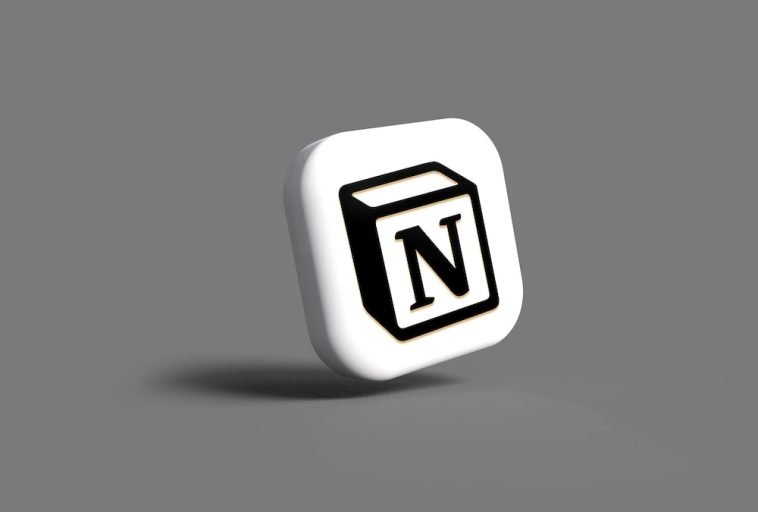Introduction.
Notion has grown into one of the most popular productivity tools, blending note-taking, project management, and collaboration features into a single platform.
With its flexibility, it’s no wonder businesses, entrepreneurs, and individuals turn to Notion to organize their work.
But here’s the thing: Not everyone has the time—or the skill—to master it. That’s where Notion consultants come in.
If you’re curious about turning your knowledge of Notion into a career or a side hustle, you’re in the right place.
Becoming a Notion consultant is a great way to help others while building a business around something you enjoy. Plus, as demand for Notion expertise rises, so do the opportunities to make a living doing this.
This guide will walk you through what it means to be a Notion consultant, the skills you’ll need, how to get started, and tips for standing out in this growing field.
What Does a Notion Consultant Do?
Notion consultants help people and organizations set up their Notion workspaces. This might mean designing dashboards, creating workflows, or customizing templates to make the platform as useful as possible for their clients.
Your job is to make Notion work for others, helping them save time, stay organized, and achieve their goals.
Here are a few examples of what you might work on as a Notion consultant:
- Building a knowledge base for a company.
- Creating personal productivity systems for clients.
- Designing project management templates.
- Setting up collaboration tools for teams.
The job can be as creative or as technical as you want, depending on the types of clients you work with and the problems you help them solve.
Why Is There Demand for Notion Consultants?
Notion’s flexibility is both its strength and its challenge. Because it’s so customizable, figuring out how to use it effectively can feel overwhelming. Many people get stuck or don’t know where to start. That’s where consultants come in.
According to Notion’s website, their platform has millions of active users, and the number is growing quickly.
From small businesses to big companies, Notion is being used everywhere. The rise of remote work has only made tools like Notion more popular, creating a need for experts who can help people use it well.
Skills You Need to Succeed as a Notion Consultant
To succeed, you don’t just need to know Notion inside and out—you also need to understand your clients and how to communicate with them. Here are the key skills that will help you stand out:
- Deep Knowledge of Notion
Know the platform’s features thoroughly. This includes databases, relations, formulas, and templates. You don’t have to know every single trick, but you should be confident with its main tools. - Problem-Solving Abilities
Every client will have unique challenges. You’ll need to figure out how Notion can solve its problems, even if it means getting creative with how you use its tools. - Communication Skills
It’s not enough to build great systems. You also need to explain them to your clients in a way they understand. Clear communication is key. - Design Sense
Notion workspaces should look clean and professional. A good eye for design will help you create setups that are not only functional but visually appealing. - Business and Marketing Skills
As a consultant, you’re running a business. Knowing how to market your services, find clients, and manage projects will make a big difference.
How Do I Get Started as a Notion Consultant?
1. Master the Basics of Notion
If you’re not already an expert, start by using Notion in your own life or work. Explore its features, try different setups, and see what works best.
2. Build a Portfolio
Create a few sample setups to showcase your skills. These could be templates for personal productivity, team collaboration, or project management. You can use these examples to show potential clients what you can do.
3. Join the Notion Community
Notion has an active online community where users share tips and templates. Participate in discussions, help others solve problems, and share your work. This can help you build a reputation as an expert.
4. Start Networking
Connect with people who might need your services. This could be entrepreneurs, small business owners, or other professionals in your network. LinkedIn and Twitter are great places to start.
5. Offer Free or Discounted Services at First
To gain experience and build your client base, consider offering your services for free or at a reduced rate. Once you’ve worked with a few clients, you’ll have testimonials and case studies to showcase.
6. Set Your Rates
Research what other consultants charge and decide on your pricing. Rates can vary widely, but many consultants charge $50–$200 per hour depending on their experience and the complexity of the work.
7. Market Yourself
Create a website or a landing page that outlines your services and showcases your portfolio. Use social media to share tips, templates, and success stories to attract potential clients.
Tips for Success
- Specialize: Focus on a specific niche, like working with startups, freelancers, or educators. Specialization can make it easier to market your services.
- Keep Learning: Notion regularly updates its features. Stay on top of these changes so you can offer the latest solutions to your clients.
- Ask for Feedback: After completing a project, ask your clients for feedback. Use it to improve your skills and build stronger relationships.
- Be Patient: Building a consulting business takes time. Stick with it and keep refining your approach as you gain experience.
FAQs
1. Do I need formal training to become a Notion consultant?
No formal training is required. However, taking Notion courses or earning certifications can boost your credibility.
2. How much can I earn as a Notion consultant?
Your earnings depend on your experience, rates, and the number of clients you take on. Established consultants often make $2,000–$5,000 per month or more.
3. How do I find my first clients?
Start by offering your services to people in your network. You can also promote yourself on social media or join freelancer platforms like Upwork or Fiverr.
4. Is this a full-time career or a side hustle?
It can be either. Many consultants start part-time and transition to full-time as their business grows.
Conclusion
Becoming a Notion consultant is a rewarding way to combine creativity, problem-solving, and a love for organization into a meaningful career.
It’s a field with growing demand, and with the right skills and mindset, you can turn your expertise into a thriving business.
What’s the next step you’re going to take toward becoming a Notion consultant? Let me know!





GIPHY App Key not set. Please check settings